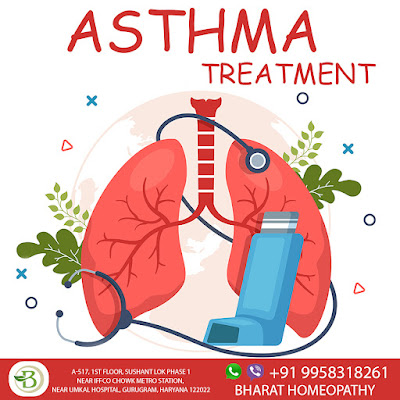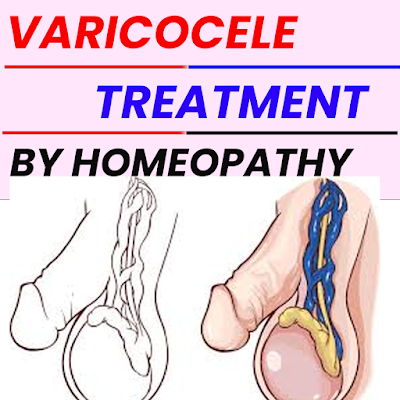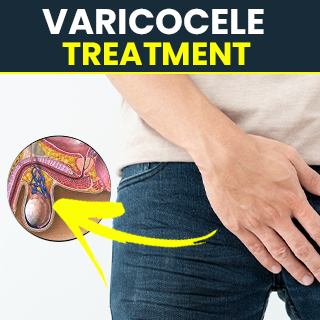COPD Definition: COPD is a chronic lung disease characterized by constant airflow restriction and breathing difficulties. The condition typically comprises two significant types: chronic bronchitis and Emphysema. The condition is usually caused by long-term exposure to harmful irritants such as cigarette smoke, air pollution, and dust in the workplace.
Recognizing symptoms associated with COPD is essential for prompt diagnosis and treatment. The following are typical Copd symptoms:
Shortness of breath: This is usually the most evident symptom, particularly during exercise.
Persistent cough: Those with COPD usually suffer from chronic cough accompanied by mucus production.
Wheezing: The sound of wheezing during breathing may indicate a narrowed airway.
Tightness in the chest: There could be pressure or tightness.
Regularly occurring respiratory infections: COPD makes individuals more vulnerable to respiratory infections such as pneumonia.
COPD Stages: COPD can be a chronic illness and is divided into four stages depending on the severity of the limitation to airflow. The stages, according to the Global Initiative for Chronic Obstructive Lung Disease (GOLD), are:
Stage1 (Mild): Airflow limitation when FEV1/FVC ratio is 0.7.
Stage2 (Moderate): moderate airflow limitation, accompanied by increased breath shortness.
Stage3 (Severe): Airflow restriction, with further deterioration of symptoms.
Stage4 (Very severe): Extreme airflow limitation that can lead to respiratory dysfunction.
The course of COPD is different for each person and is affected by factors such as smoking history and exposure to environmental factors.
COPD Treatment: Although COPD is an ongoing and progressive disease, various treatment options are available to treat symptoms and improve the quality of life. They include:
Lifestyle Changes: Quitting smoking is the most essential step. Avoiding irritant exposure and sustaining the healthiest lifestyle by eating right and exercising could also aid.
Pulmonary Rehabilitation: A structured program combines exercises, education, and assistance to help people with COPD manage their symptoms better.
COPD Exacerbation: COPD exacerbation occurs when symptoms are abruptly deteriorated, often caused by environmental triggers or infections. Patients notice a significant increase in mucus production, shortness of breath, and chest tightness in an exacerbation. Exacerbations may lead to hospitalizations and are linked to lung function decline. The prevention of exacerbations is a crucial aim in COPD treatment. This means avoidance of triggers, adhering to prescribed medications, and being vaccinated against respiratory diseases such as pneumonia and the flu.
For More References
https://bharathomeopathycure.blogspot.com/2023/09/homeopathic-medicine-for-asthma-finding.html
https://www.minds.com/newsfeed/1549311889660448782?referrer=bharathomeopathy2810


.jpg)




